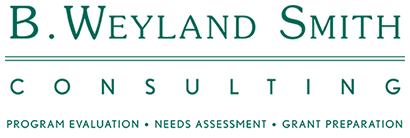Our team provides public health program evaluations, with a specialty in data collection and evaluation of behavioral health programs, spanning from prevention, harm reduction, treatment and recovery. We employ a developmental approach to evaluation, utilizing quantitative and qualitative data throughout the project to ensure that modifications to programs can be made along the way. Our contacts within agencies and municipalities are our partners as we work together to implement their programs with fidelity. We continuously explore through data who is and who is not being reached, ensuring that health disparities are reduced, and equity is a priority. We apply a “minimum data” practice, aiming to reduce data collection burden on staff, community members and clients, while still meeting evaluation requirements. We have expertise in Federal grant reporting systems and modifications to electronic health record software and utilize Excel, Alteryx and SPSS for data analysis and reporting.
We facilitate the planning and implementation of the utilization of data to identify and prioritize organizational and community needs. We provide a road map of identified priorities aligned with evidence-based or evidence-informed practices to improve or enhance community or individual wellbeing. These needs assessment processes include creating a visualized compendium of available and appropriate data to the focus area for the client, identifying gaps in available data, and collecting additional data via surveys, focus groups and key leader interviews, as appropriate. We provide a road map of identified priorities aligned with evidence-based or evidence-informed practices to improve or enhance community or individual well-being.
We offer survey services including our Youth Voices Count Survey for youth in grades 6-12 on mental health, substance use and related risk factors. We provide adult or parent/guardian community surveys to assess perceptions of public health issues and access to physical and behavioral healthcare.
We support organizations and municipalities in applications for state and federal grant opportunities. In doing so, we apply our proficiency in data when supporting clients in stating their needs for grant funds, designing measurable goals and objectives and crafting evaluation plans to ensure that program outcomes are measured in accordance with the proposed grant plan and the specific funding requirements.
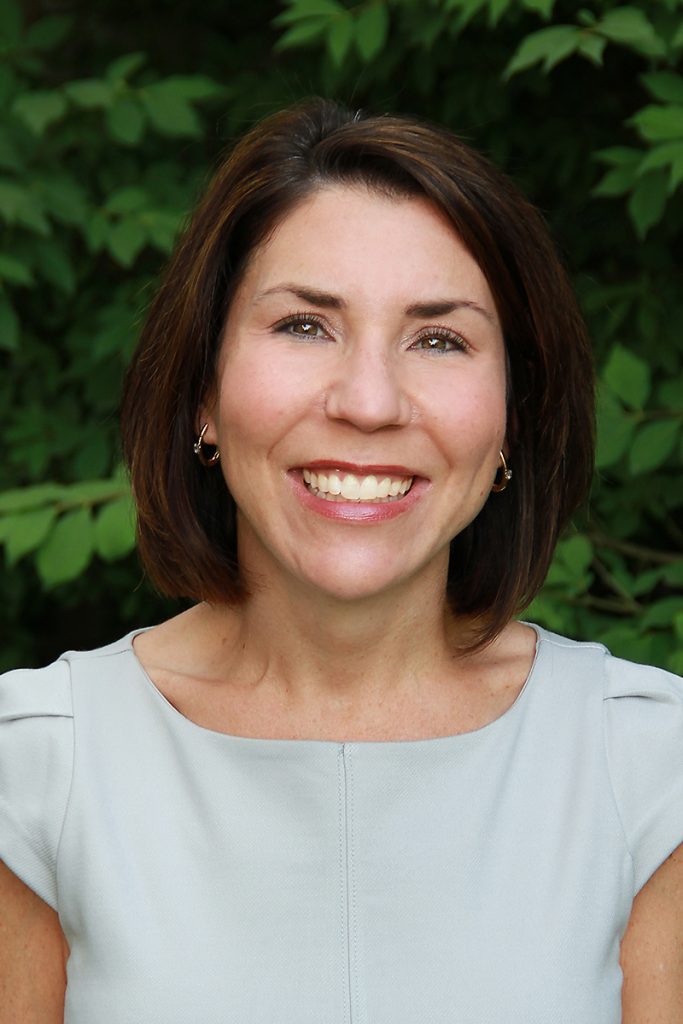
Bonnie Smith, MPH, CPH, CPP
CEO
Bonnie W. Smith has over 18 years’ experience in substance abuse and problem gambling prevention, mental health promotion, including coalition capacity building, program planning and management, grant writing and public health program evaluation. In 2005 she completed her Master of Public Health at the University of Connecticut, with a focus on the use of SAMHSA’s Strategic Prevention Framework in Connecticut’s Prevention Infrastructure.
She is a charter recipient for the National Certification in Public Health (2008) and a Certified Prevention Professional (CPP) (2016). She has presented at a number of professional conferences including but not limited to National Problem Gambling, 2002; Office on Women’s Health Region 1, Annual Conference 2011; Community Anti-Drug Coalitions of America (CADCA), 2012; National Prevention Network, 2014, Connecticut’s National Prevention Week Conference, 2017; Connecticut Council on Problem Gambling Annual Conference, 2017; Connecticut Public Health Association Conference, 2017; CT Data Collaborative Conference, 2017; National Prevention Network (NPN), 2018.
The majority of Bonnie’s work with clients now centers around data driven planning and program evaluation for Federal, State and local grant programs. Her approach is one of partnership with her clients and colleagues.
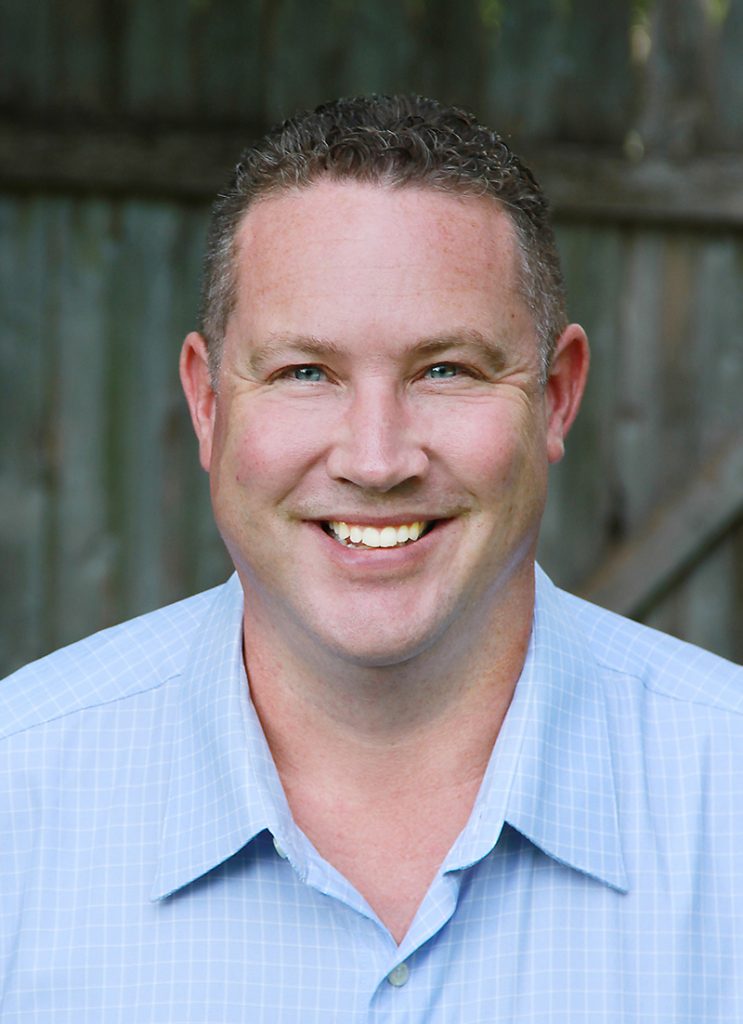
Lucas Smith, CFA, FRM
COO/Lead Data Analyst
Lucas Smith has over 20 years in data-driven decision making. He has a background in project management, investment data management, reporting, and advisory with Fortune 500 companies. In 2018 he transitioned his data focus from financial data analysis and reporting to public health data and reporting with B. Weyland Smith Consulting. Luke is responsible for leading analysis of primary and secondary data as well as management of finance and operations. He is a leader in data collection workflow planning, establishing data management platforms, analysis and reporting in service of organizations, communities, and program requirements. He leverages skills in statistics, finance, and technological tools such as SPSS, Alteryx, and VBA programming. Luke is an alumnus of the University of Connecticut School of Business and holds the CFA and FRM designations.

Alyssa Gilbert, MPH
Lead Evaluation Associate
Alyssa Gilbert has more than seven years’ experience in behavioral health research and assessment. She holds a B.S. in Health Science Studies from Quinnipiac University. In 2018 she earned her Master of Public Health from the University of Connecticut with a concentration on substance misuse. Her work experience includes utilizing data management skills to update, maintain, and analyze data using SAS, SPSS, NVivo, and ArcGIS. She has experience in Mobilizing for Action through Planning and Partnerships (MAPP) strategic planning as well as the Strategic Prevention Framework. Alyssa has supported the evaluation of grants such as SAMHSA’s Partnerships for Success and State Opioid Response grants, and NACCHO’s Implementing Overdose Response Strategies at the Local Level (IOPSLL) amongst others.
As Lead Evaluation Associate at B. Weyland Smith Consulting, Alyssa compiles data from various reporting systems to provide clients with weekly or monthly summary reports and works to merge and maintain datasets to support these initiatives. She also supports analysis and reporting of the Youth Voices Count survey.
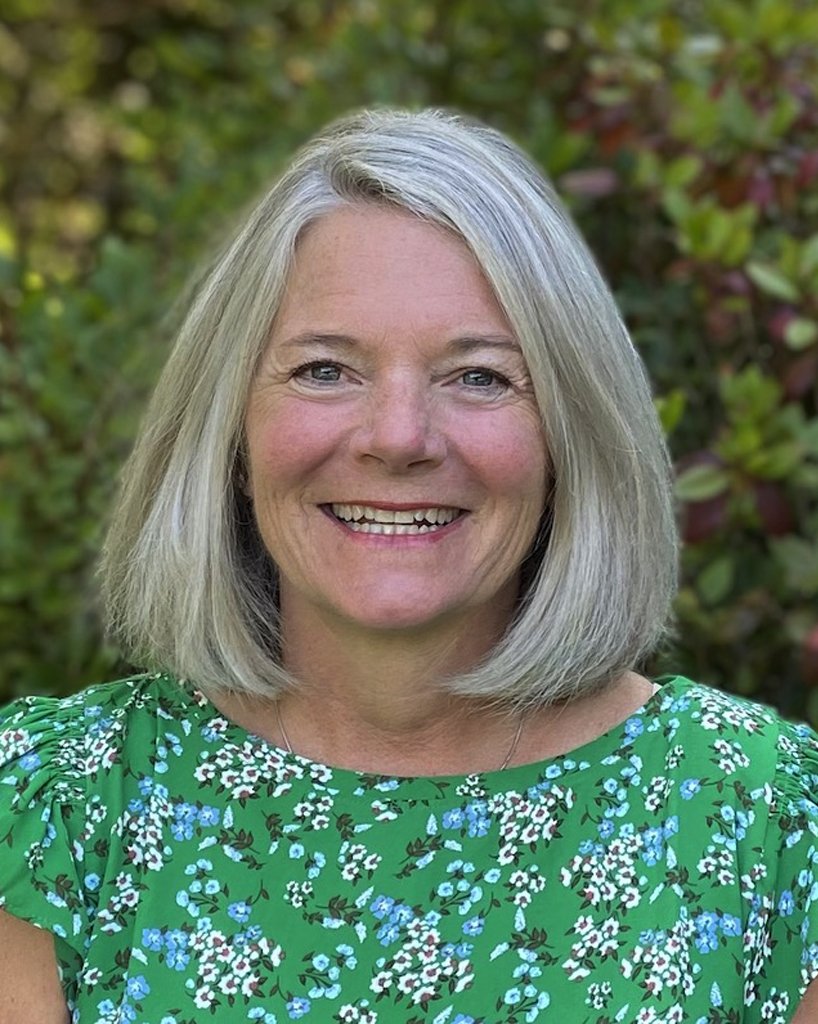
Kirsten Carew, MPH
Public Health Data Analyst
Kirsten Carew has over three years’ experience as an Epidemiologist in the field of public health as well as over 10 years of experience compiling and analyzing data to inform decision making for stakeholders. In 2020, she earned her Master of Public Health from the University of Connecticut and holds a degree in Business Administration from Boston University. Her work experience includes utilizing quantitative and qualitative data sources to analyze gaps and inform the development of a Community Health Needs Assessment, developing partnerships with community leaders such as school superintendents, school nurses, social and senior service directors and collaborating with team members on grant applications. She has experience working with ODMAP, EpiCenter, and Tableau Public.
As Public Health Data Analyst at B. Weyland Smith Consulting, Kirsten supports clients in data collection, analysis, program evaluation and grant reporting.
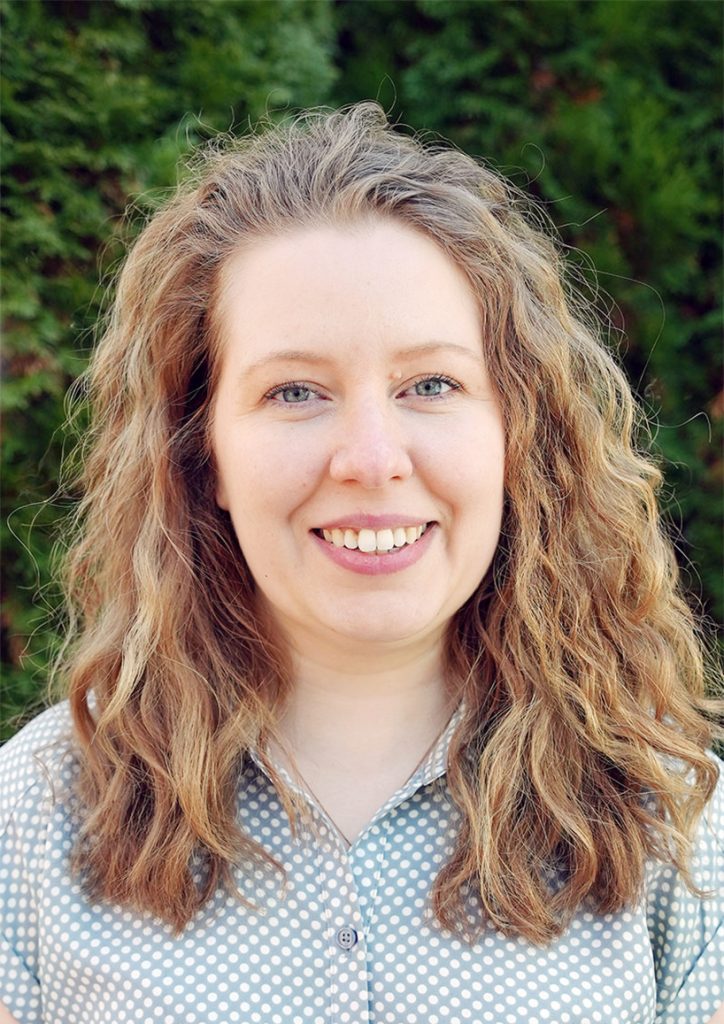
Keri Humphries, MA
Project Manager
Keri is a nonprofit programs professional with expertise in organizational development, community engagement, and program evaluation and has worked with nonprofit and public sector clients to guide planning, build systems to achieve project goals and contribute to capacity building. She also has five years of grant writing experience, including successful SAMSHA and CDC applications. She received her Master’s in Community Psychology from the University of New Haven with a concentration in Program Development. Her work experience includes community outreach and volunteer development, including growing the number of students served at a literacy program by 87%, leading learning communities, and providing technical assistance and project management to various workforce programs.
As Project Manager at B. Weyland Smith Consulting, Keri onboards Youth Voices Count Survey clients, supports clients at every stage of their project, and assists the B. Weyland Smith Team in reporting.
